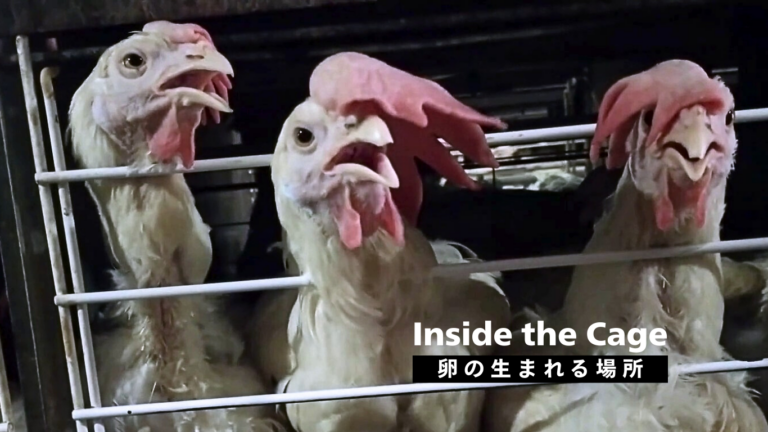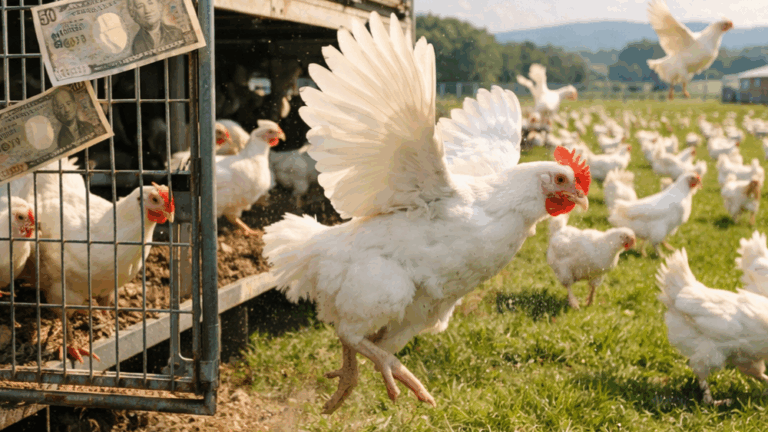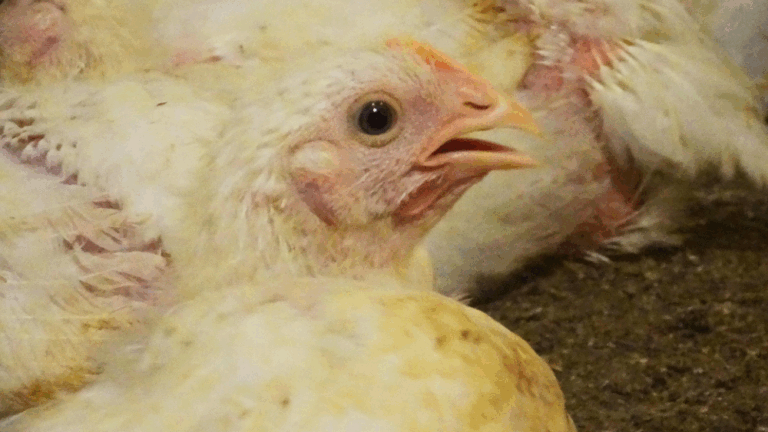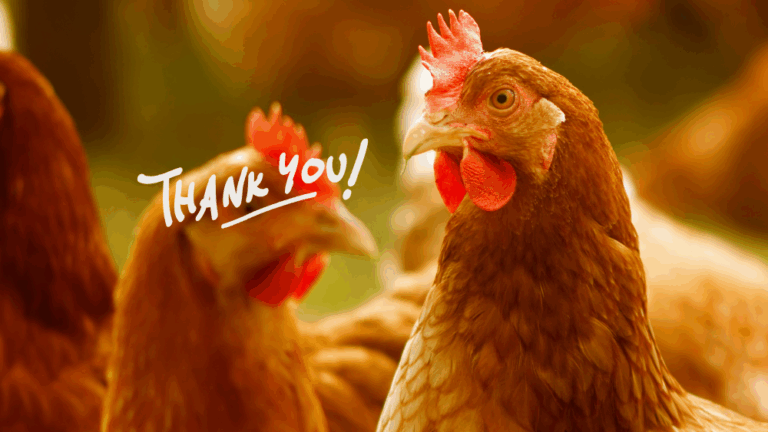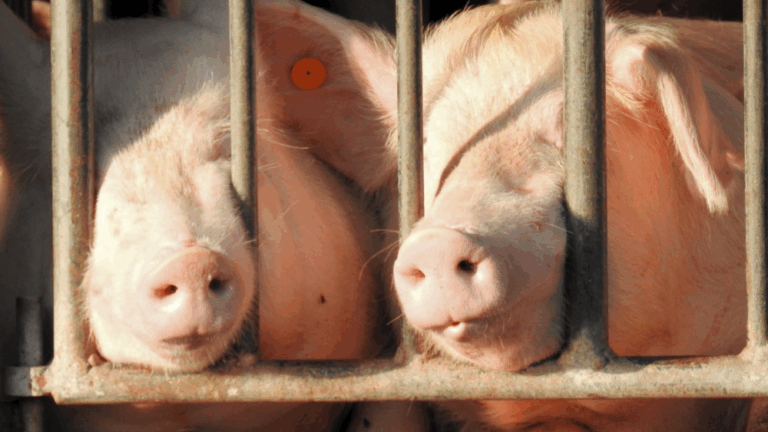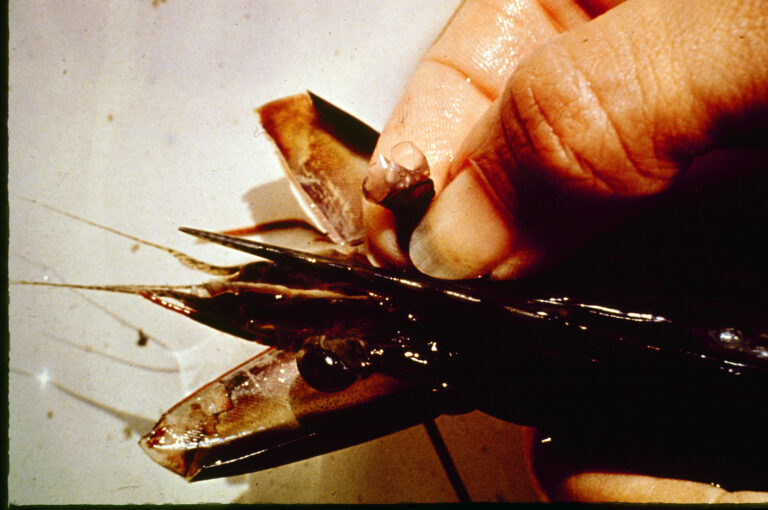Though it’s yet to be seen since we have two more months to go, 2022 will be a year of great success for the Animal Rights Center in light of animal welfare in the agriculture field. These achievements will carry us forward into a new era, but we’d like to first cover our history of dialogues with stakeholders in this article.
Our history of Company Engagement in animal welfare
In the era of Sustainable Development Goals(SDG), the Animal Rights Center has been working closely with corporations while hoping we can ultimately change their producers’ actions indirectly.
As a part of our ongoing efforts to minimize animal suffering, the Animal Rights Center hired a member specialized in engagement with companies in 2019. At that time, we barely managed to meet 1 company per month as there weren’t many who were willing to be involved with an NGO like us. As though they didn’t want to waste their time listening to us, we would get hung up on the phone as soon as we told them who we were. Companies simply didn’t show any interest back then.
While few cared about animal welfare, we focused on having conversations with large corporations since they were more aware of sustainability and ethics so they would work with NGOs. These corporations benefit from such dialogues because of many international organizations who can potentially run campaigns to not buy from them. Showing respect and sincerity will ultimately reduce such risks.
One of the examples include Nippon Ham who announced their plan to eliminate gestation crates in November 2021. Since our conversation started, Nippon Ham promoted animal welfare so much that they became a great example in this area. Other companies who we spoke with followed this trend, and they showcase animal welfare policies in their websites today.
Rising awareness since Nippon Ham
The announcement about gestation crate-free made by Nippon Ham led to more opportunities to discuss with other companies. It’s important to analyze the impact and why we were able to have this success. Was it a result of the time that had changed or was it the staff’s psychology that had changed? Such analysis will allow us to develop strategies for the future. It was November 2011 when we first saw our progress clearly. Before that, we’d barely had 2 meetings per month, but we started having 5 or 6 meetings per month since then.
Reason of success 1: Virtual meetings becoming a popular tool
In November 2019, we participated in the Open Wing Alliance International Summit in Taiwan to learn about a supermarket who announced to go“cage free.” This was a main topic of the summit and the people in charge shared detailed reports. This gave us an idea about how powerful it is for local animal organizations to work with a company to realize a goal such as cage free. At the same time, we were shocked by how progressive Taiwanese companies were compared to Japanese.
In January, two months after the summit, 326 people gathered in Shibuya to call for love for all animals hosted by the Animal Rights Center. A few dozen activists shared vegan food in a small venue that night.
Around the same time, we started hearing news about a mysterious infectious disease in some parts of the world, which soon reached Japan. By the end of March, all the staff had to work from home. In the following month, the Japanese government issued the state of emergency. As COVID-19 was spreading, we began hosting webinars instead of the physical seminars in Shibuya so we became familiar with Zoom around then. Under the state of emergency, many companies also started to explore virtual meeting options. Some companies still refused our requests by saying they wouldn’t accommodate such online meetings so not all companies responded to our request immediately. We have had numerous failures due to wonky Internet connections as well. However, most companies are equipped for virtual meetings today so we’re able to reach out to quite a lot of businesses, including those in remote places.
Reason of success 2: Hiring Staff for company engagements
As mentioned, the Animal Rights Center has been hiring staff specialized in engagement with companies. At first, we’ve had trouble with this effort since it’s a type of position that doesn’t come to mind when they think of an animal rights job. However, we started seeing success in hiring quite a few talented and passionate staff members for this position in the last year or so. The Animal Rights Center hires remote staff so not all are based in Tokyo. We believe this remote hiring is going to be advantageous, and will be a force to change society.
Reason of success 3: A new way of learning
Another reason we became so successful is that new ways of learning became available during the pandemic. Events, seminars, and school classes have been offered online.
In April 2019, we started having dialogues with companies online. We supported an international hotel chain, which was largely impacted both by the Covid and Tokyo Olympics and Paralympics. We were able to connect with this company who is already committed to cage-free with numerous vendors in the supply chain.
Though this article mostly covers the achievements only in 2022, our continuous efforts are largely due to the pandemic as we have been able to turn this crisis into an opportunity since the outbreak.
One of the takeaways was these new online seminars and lessons that became more available while the Covid was spreading. As a result, we had the opportunity to learn about Corporate Social Responsibilities (CSR), business theories, and how to effectively negotiate with companies online during this time.
When we were in Taiwan in 2019, we felt hopeless because we didn’t think Japan was as successful as Taiwan. The pandemic gave us a chance to prove us wrong. These new learning formats became accessible to our members at the Animal Rights Center and we were able to obtain the language spoken in the business world, which led to this remarkable increase in the numbers of companies who we were able to connect with in the last year.
These are the three main reasons for our success in the company engagement space in 2022. Compared to 2021 when we only had 14 companies in the list, we’ve had 122 companies as of October 2022.
The number is not all we care about since we have had in-depth conversations even when we had only a few companies in the list. That said, we anticipate expanding this effort to promote animal welfare to many corporations in the foreseeable future.
Translated By: Seika K.




